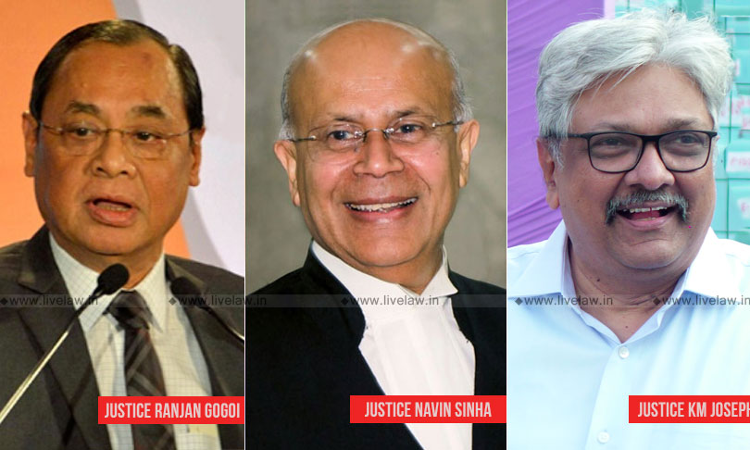Breaking: Acquittal If IO & Informant Same Person: Benefit Of 'Mohan Lal' Judgment Not Available To Cases Prior To It: SC
Ashok Kini
11 Feb 2019 7:17 PM IST

"A proper administration of the criminal justice delivery system, therefore requires balancing the rights of the accused and the prosecution, so that the law laid down in Mohan Lal (supra) is not allowed to become a spring board for acquittal in prosecutions prior to the same, irrespective of all other considerations."
Next Story


